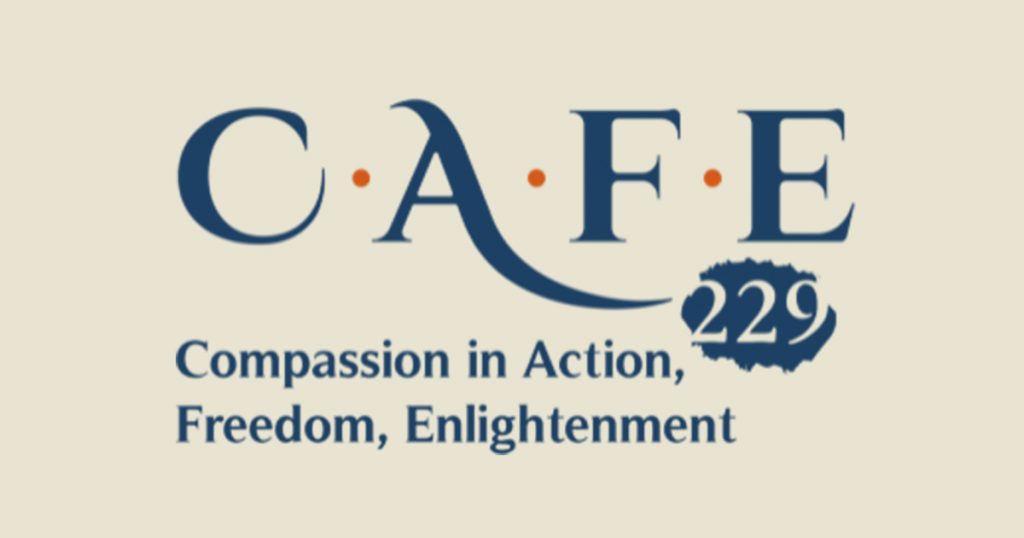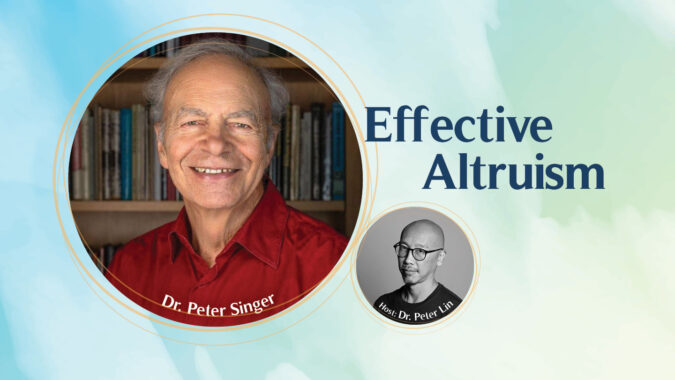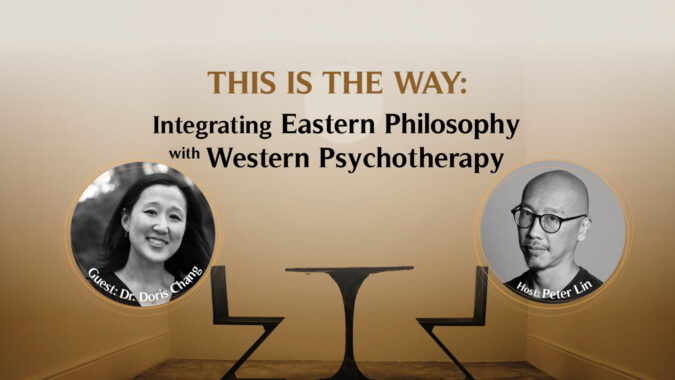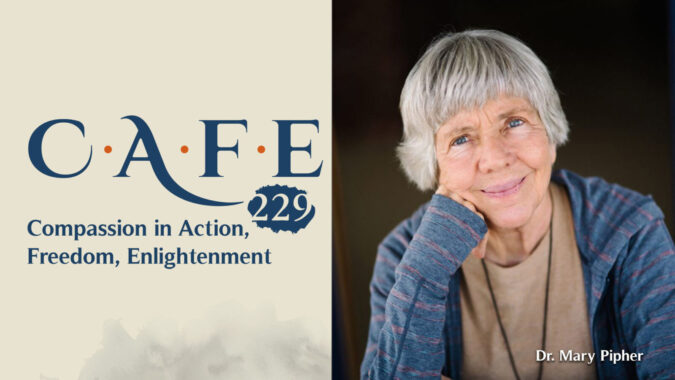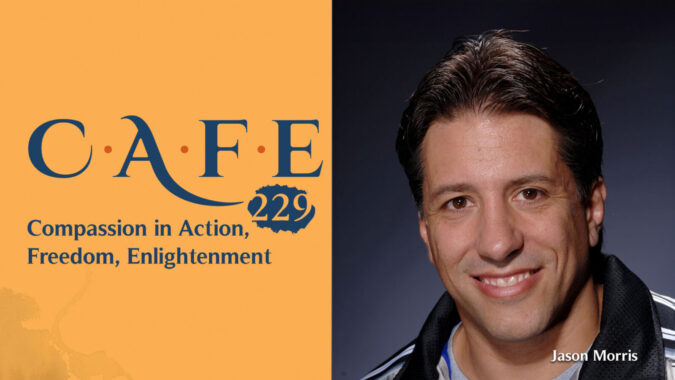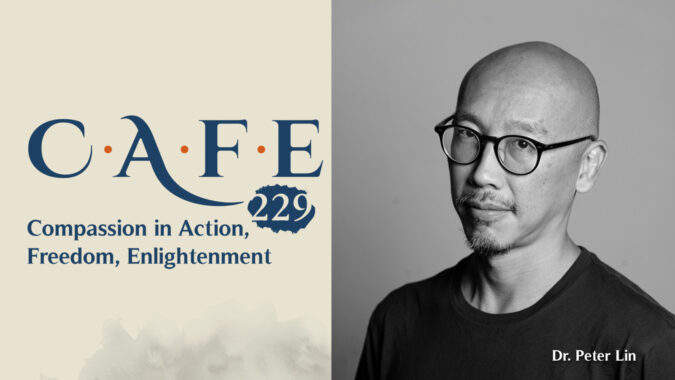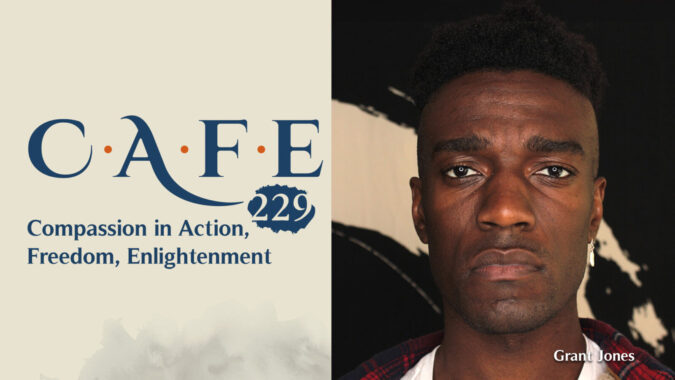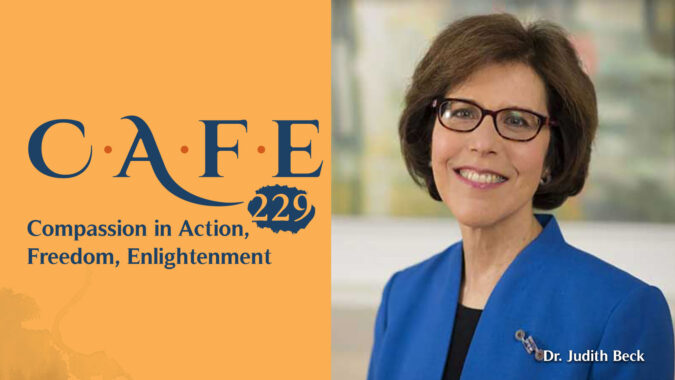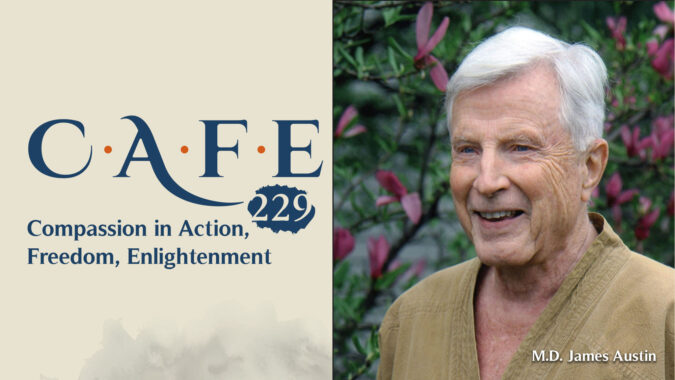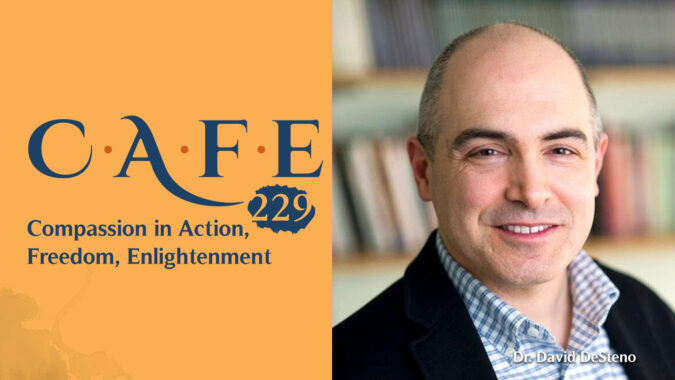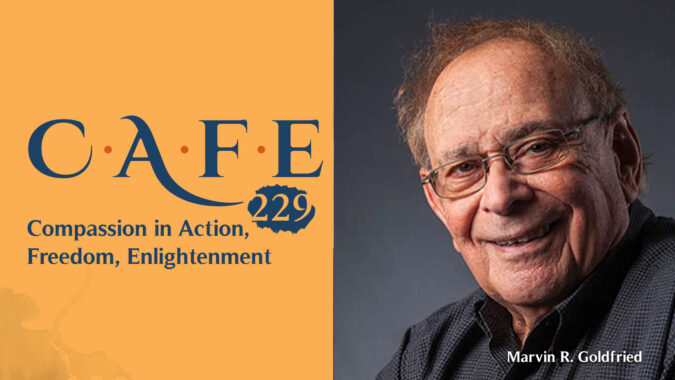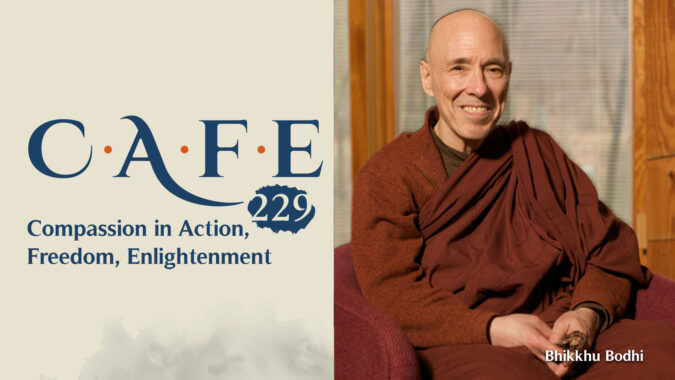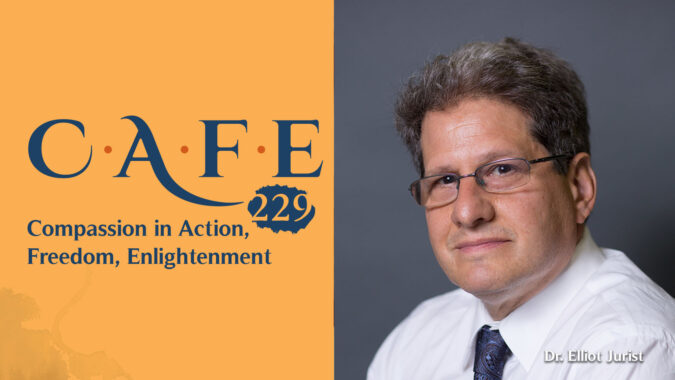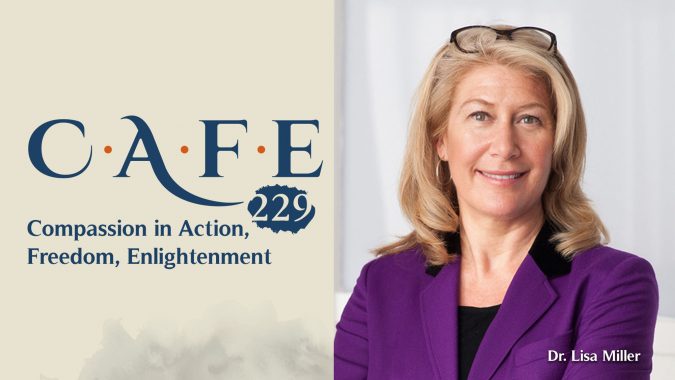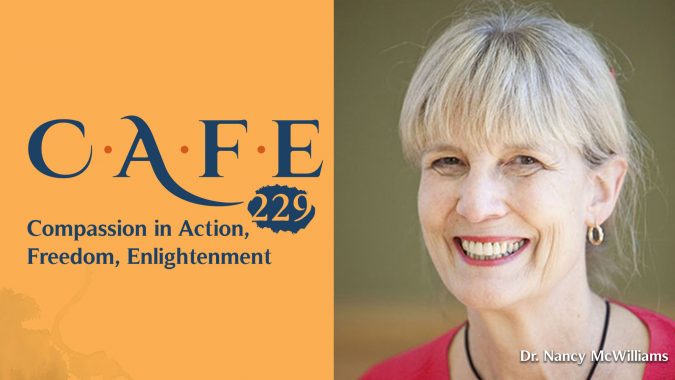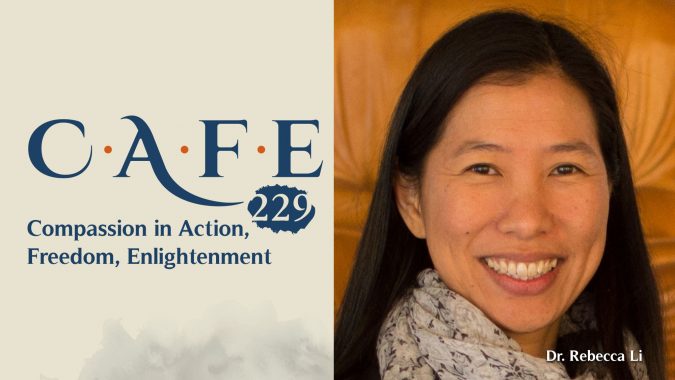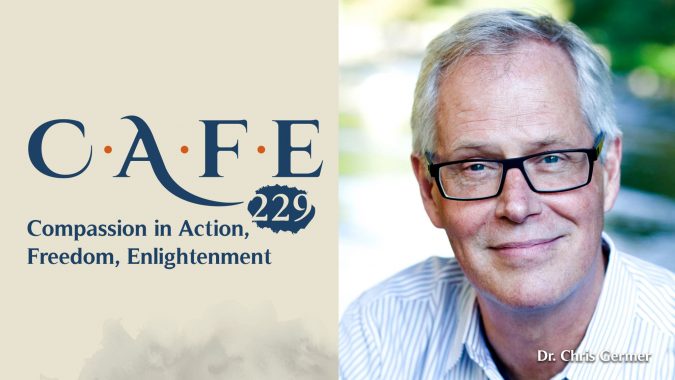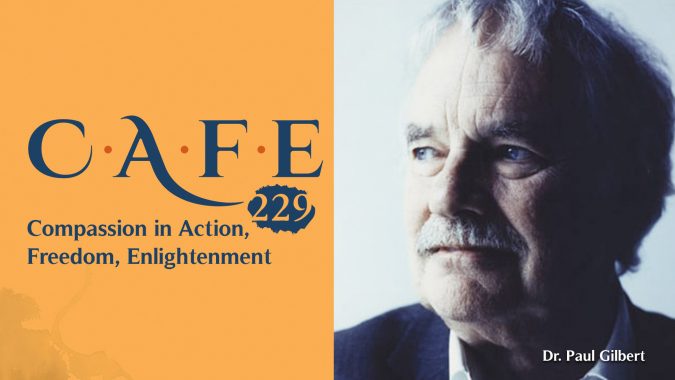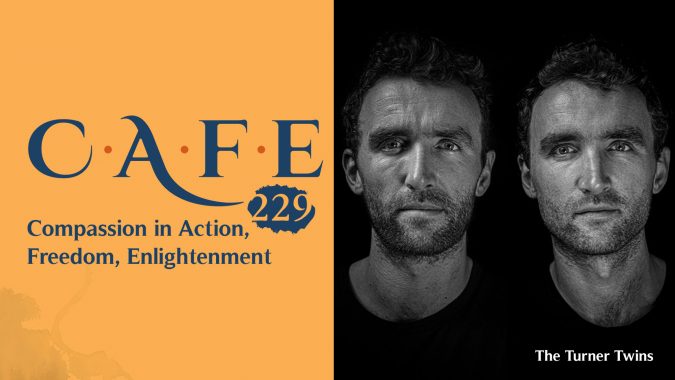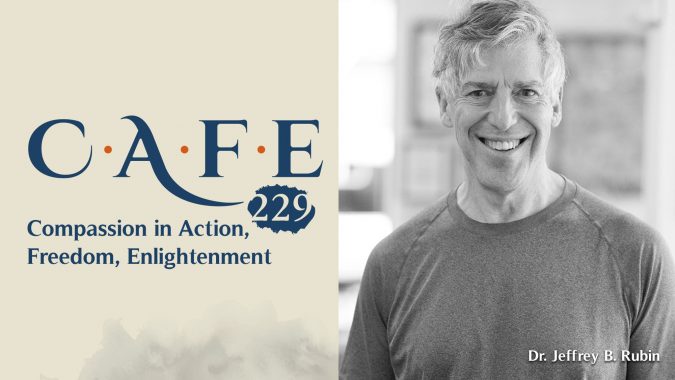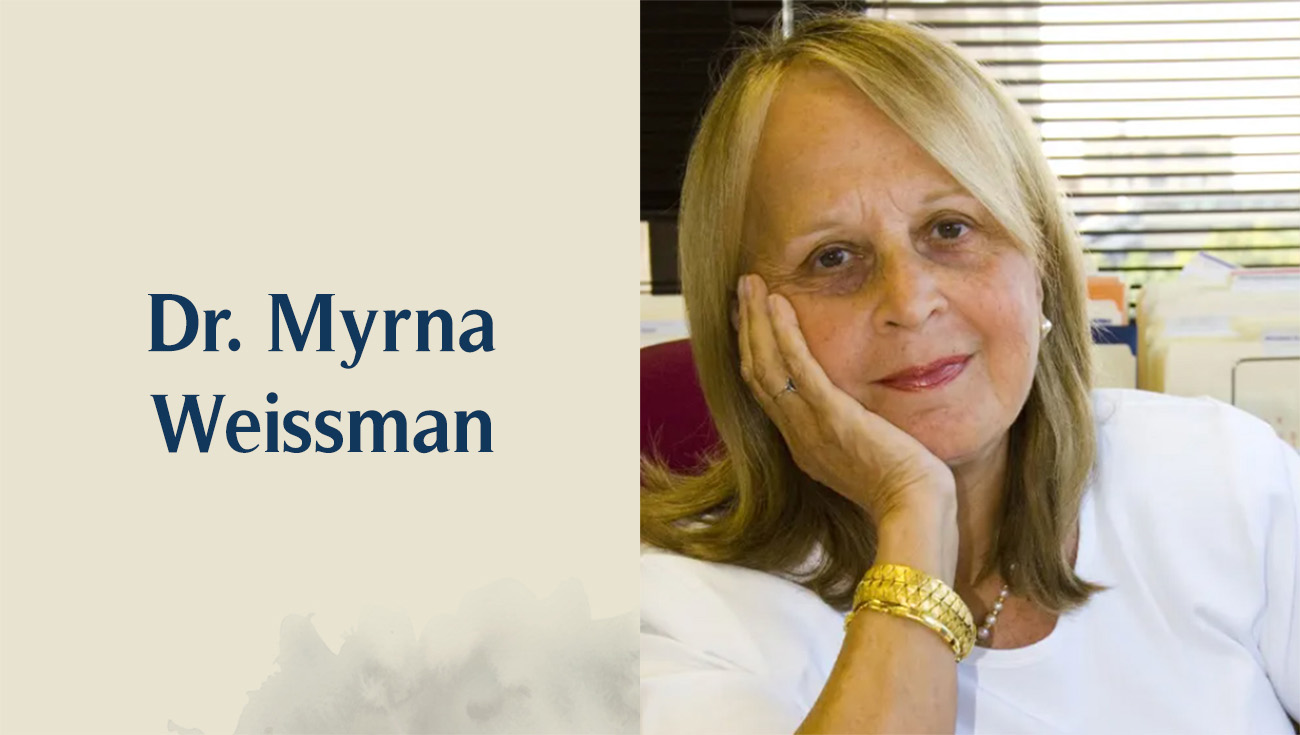
Talk Description
During the pandemic we have faced many hardships: transitionary periods, isolation, grief, and conflict. Dr. Myrna Weissman has developed an effective treatment that intervenes with depressive disorders that stem from the listed adversities and has applied it to the Covid-19 era.
In this the first installment of C.A.F.E. 229 Season 5, we are honored to welcome Dr. Weissman. This season, we’ll examine the cultivation of well-being, both for ourselves and others. As the co-founder of interpersonal psychotherapy, Dr. Weissman has dedicated her life to this very cause. Her innovative practice addresses interpersonal relationships and social functioning to help reduce distress in patients’ lives.
About Dr. Myrna Weissman
Dr. Myrna Milgram Weissman is Diane Goldman Kemper Family Professor of Epidemiology in Psychiatry at the Vagelos College of Physicians and Surgeons and Mailman School of Public Health, Columbia University, and Chief of the Division of Translational Epidemiology at the New York State Psychiatric Institute. She is an epidemiologist known for her research on the prevalence of psychiatric disorders and psychiatric epidemiology, as it pertains to rates and risks of anxiety and mood disorders across generations. Among her many influential works are longitudinal studies of the impact of parental depression on their children.
Weissman worked with Gerald Klerman in developing Interpersonal psychotherapy (IPT) as one of the first evidence-based treatments for depression. IPT is defined in a manual and now has over 140 clinical trials, numerous transitions, and adaptations. In 1996, they jointly received the Joseph Zubin Award established by the American Psychopathological Association for seminal contributions to psychopathology research.
Weissman has received numerous other awards for her accomplishments, including but not limited to the Rema Lapouse Award for significant contributions to psychiatric epidemiology in 1985, the Joseph Zubin Award for lifetime achievement from the Society for Research in Psychopathology in 1995, the Distinguished Service Award from the American Psychiatric Association in 2001, the Gold Medal Award from the Society of Biological Psychiatry in 2007, and Thomas William Salmon Medal from the New York Academy of Medicine in 2009. In the same year, she was selected by the American College of Epidemiology as 1 of 19 epidemiologists in the United States who has had an impact on public policy and health.
Some of her colleagues and her books:
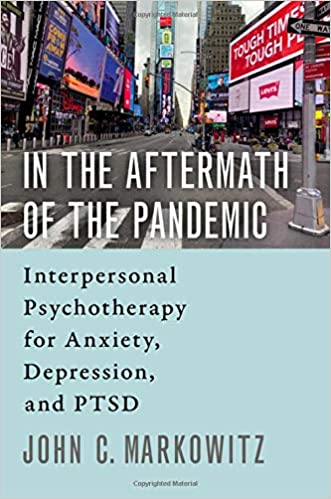
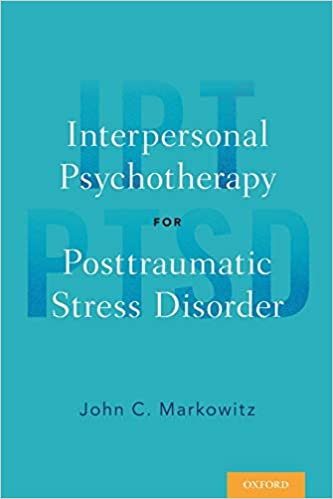
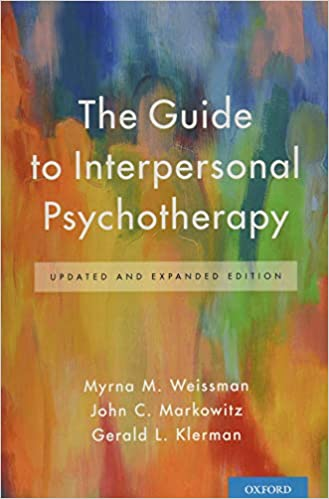
In 2019, she was invited to give the named lecture (100 years of women) at Yale University. In 2020, she received the Pardes Humanitarian Award from the Brain and Behavioral Research Foundation. In 2021, she received the Research Prize from the American Psychiatric Association.
Read here for more information.

